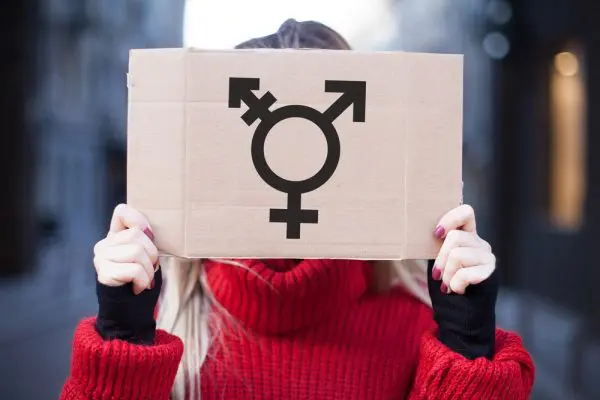Self-identification
Since 2014, the Transgender Act (Transgenderwet) has allowed for gender reassignment through self-identification. People who want to change their gender identity can do so without medical intervention or psychiatric diagnosis. Self-identification is where a person informs their municipality that they identify with a gender other than the one assigned to them at birth. This registration requires an expert statement no more than 6 months old. This statement indicates that the person has been properly informed, understands the significance of the request and that the gender change is a considered choice. You can apply to the municipality only to become male or female. In this case, you do not need to go to court. To change your gender to a gender-neutral listing, however, an application must be filed with the court.
Legal options available to minors
In the Netherlands, young people also have the right to change their gender identity. Article 1:28 of the Dutch Civil Code (Burgerlijk Wetboek) gives minors aged 16 and older the right to legally change their gender. They can do so by submitting a request to the court through an attorney. Article 1:28a of the Dutch Civil Code stipulates that an expert’s statement must be submitted along with the request. Moreover, Article 1:28(4) of the Dutch Civil Code stipulates that a minor aged 16 or older is competent to make the request on their own behalf, and to act in and out of court with regard to the gender reassignment.
Legislative proposal 35825
A legislative proposal published on 4 May 2021 proposes, among other things, to make it possible for children under 16 years of age to change their gender indication through an application to the court. This legislative proposal aims to relax the conditions for changing a gender indication on the birth certificate and to simplify the procedure. The modified amendment, published on 18 March 2022, provides for an even more far-reaching amendment by making it possible for persons under 16 years of age to change their gender registration without the intervention of a court (Parliamentary Papers II 2020-21 35 825, Amendment to Book 1 of the Dutch Civil Code in connection with amending the conditions for changing the gender indication on birth certificates). The continuation of the plenary debate in the Lower House on this topic is currently scheduled for week 40 this year.
First name change
First names can be changed separately or at the same time as a gender registration. The legal basis for this is Article 1:4 of the Dutch Civil Code. This article allows people to request a change of first name from the court through an attorney. There are various conditions that must be met. For example, there must be a good reason to change the first name and the new first name cannot be inappropriate or contrary to public policy. Obscene, discriminatory or misleading names will also not be accepted. The new first name should also not be too similar to an existing surname, as this may cause confusion.
The change occurs by adding a subsequent entry to the birth certificate from the court order. In the event of a change in the first names of a person born outside the Netherlands, the court will issue an order for registration of the birth certificate or of the deed or ruling.
More information?
If you have legal questions or would like more information, please do not hesitate to contact us.
